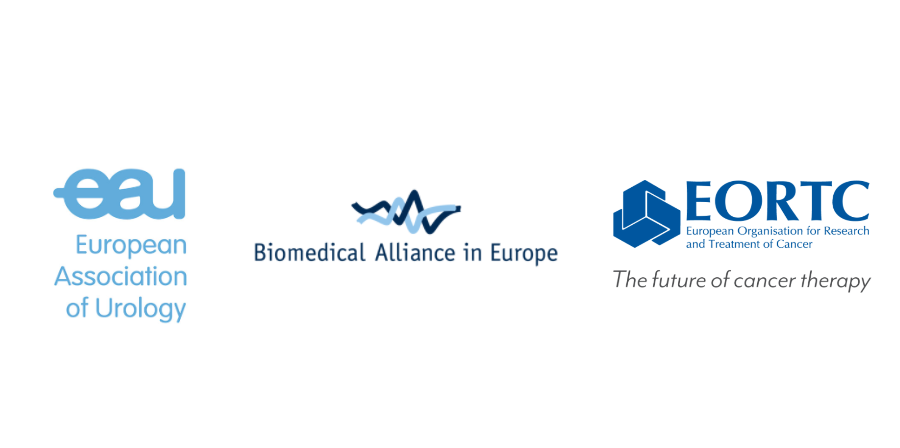EHDS: an opportunity to unleash the power of data?
15 Dec 2021
The creation of a European Data Space (EHDS) is one of the key priorities of the Commission for the coming years. Through EHDS1 (for primary use) and EHDS2 (for secondary use) it has the potential to facilitate health data sharing with numerous benefits for health research, policy making and healthcare. The upcoming legislation has the unique opportunity to provide an aligned legal framework for secondary use of data for health research at European level.
The BioMed Alliance Taskforce on Health Data Sharing, in close cooperation with the European Association of Urology (EAU) and the European Organisation for Research and Treatment of Cancer (EORTC), has collected views and experiences of healthcare professionals and researchers on the foundations that the European Health Data Space must be built on to ensure health data becomes a powerful tool advancing European health research.
To ensure that the EHDS will unleash the power of data, the BioMed Alliance proposes key recommendations on data governance, the implementation of EHDS2 and the necessary skills and knowledge needed to facilitate participation.
Summary of the main recommendations
- We should use the EHDS legislation as an opportunity to align different legislative
approaches with a clear and enabling EU legal framework which defines secondary use for
all EU member states, enables research, and gives legal clarity on the framework which
applies. - Researchers, healthcare professionals, medical societies and patients are important
stakeholders which should be included as trusted partners to bring the EHDS to full success. - The eHealth network and eHealth stakeholder network should act as a catalyst for
engagement and communication, but it needs increased resourcing, a clear strategy,
broader membership and a more effective structure. - A multi-stakeholder health data advisory and ethics committee for the European health
data space at EU level can play a key role in ensuring a European approach. - Sector based guidance must be developed for and with health researchers to provide legal
clarity on how to process health data for research purposes without adding unnecessary
layers of complexity. - The possibility of a European Health data protection seal or certification should be
explored, and additional standards/certification for secondary use of health data need to be
developed with different stakeholders, and these standards should be freely available. - Targets and benchmarks for data interoperability should be established.
- We need to incentivise adoption to the EHDS and build skills and capacity, by funding
digital health and digital literacy programs, creating training methodologies for continuous
professional development and funding joint initiatives on standardisation and certification of
healthcare professionals on data governance.
Related News
EORTC participation at ISPOR Europe 2025 conference
7 Nov 2025
EORTC Quality of Life Group participating at the ISOQOL 2025 Conference
22 Oct 2025
New results and forthcoming trials presented at ESMO 2025 underline EORTC’s commitment to patient-centred research
21 Oct 2025
EORTC celebrates the 100th anniversary of p-value on World Statistics Day
20 Oct 2025
EORTC Announces Final Overall Survival Results from the PEACE-3 Trial
19 Oct 2025
Results from EORTC trial define new standard of care for aggressive brain tumours
18 Oct 2025
EORTC’s presence at ESMO 2025
17 Oct 2025
EORTC’s presence at EANO 2025
16 Oct 2025
EORTC celebrates Pink October: shaping the future of breast cancer care
15 Oct 2025
EORTC shines a light on advancements in radioligand therapy
8 Oct 2025


